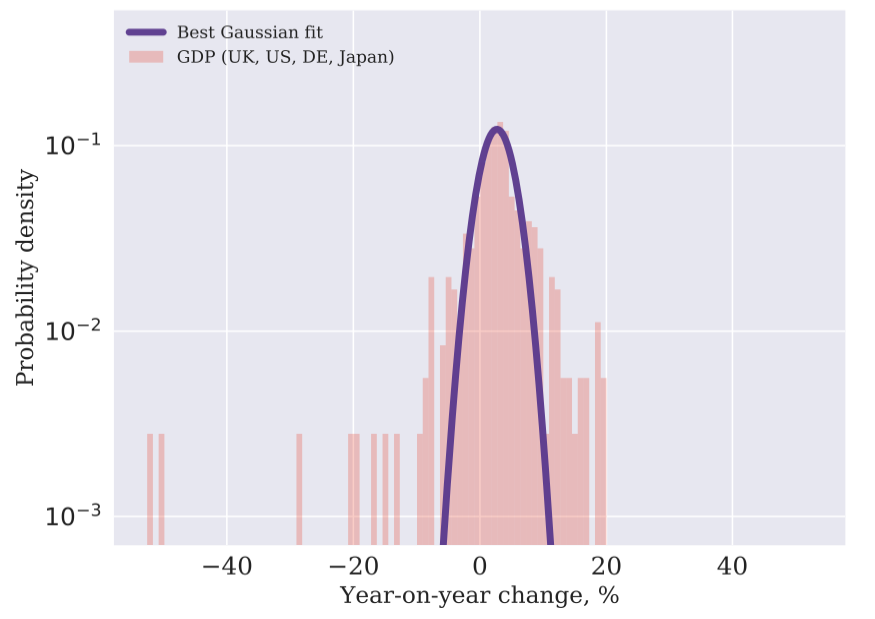Abstract
Macroeconomic modelling has been under intense scrutiny since the Great Financial Crisis, when serious shortcomings were exposed in the methodology used to understand the economy as a whole. Criticism has been levelled at the assumptions employed in the dominant models, particularly that economic agents are homogenous and optimising and that the economy is equilibrating. In a related paper (Haldane and Turrell Oxford Rev Econ Polic 34(1–2):219–251 2018), we argue that an interdisciplinary approach to modelling in macroeconomics is beneficial. Here we focus on what one such approach - agent-based modelling, which has been extensively used across a wide range of disciplines - could do for macroeconomics. Agent-based models are complementary to existing approaches to macroeconomics and are particularly well-suited to answering questions where complexity, heterogeneity, networks, and heuristics play an important role.
Citation
@article{haldane2019drawing,
title={Drawing on different disciplines: macroeconomic agent-based models},
author={Haldane, Andrew G and Turrell, Arthur E},
journal={Journal of Evolutionary Economics},
volume={29},
pages={39--66},
year={2019},
publisher={Springer}
}